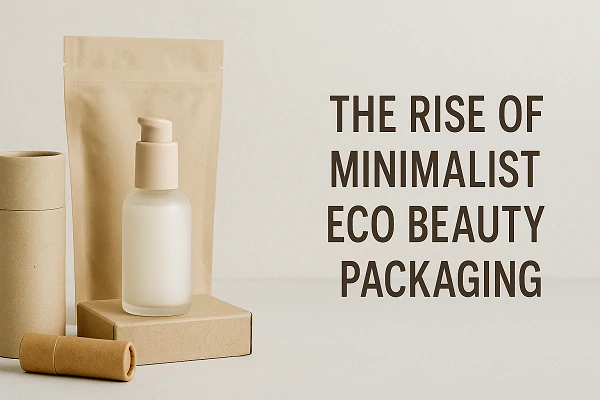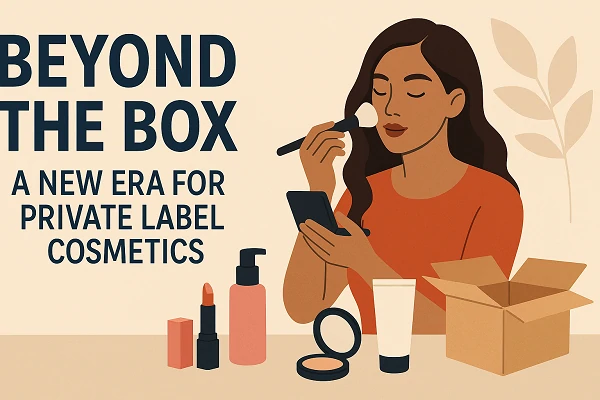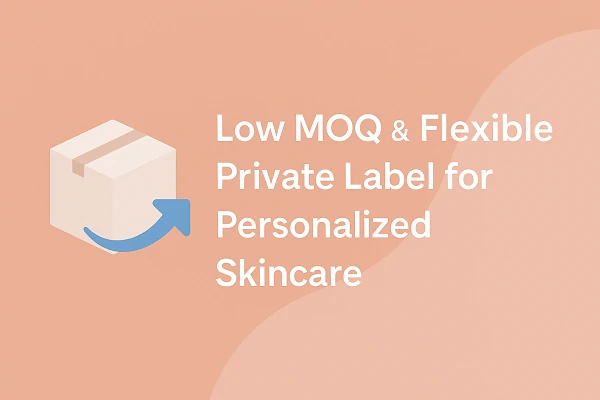
Working with local vs. international Beauty Product Supplier: Pros and Cons
Share This Article With
To help you in deciding between sourcing your beauty products from a local or international supplier, we have listed down the advantages of both to favor your beauty line in the long run.
Table of Contents
Lately, you have been thinking of outsourcing beauty products for your beauty enterprise and are not sure if it should be a local or international supplier. There are many benefits of using both products from a single source or a combination of products from both suppliers. While both products have pros and cons, the advantages should outweigh the cons to make a wise purchase decision.
However, it depends on the beauty product requirements you are looking for in your brand. The timings and the financial spendings and outcomes your customers are expecting, like these and many factors, are the necessary initial things to keep in mind.
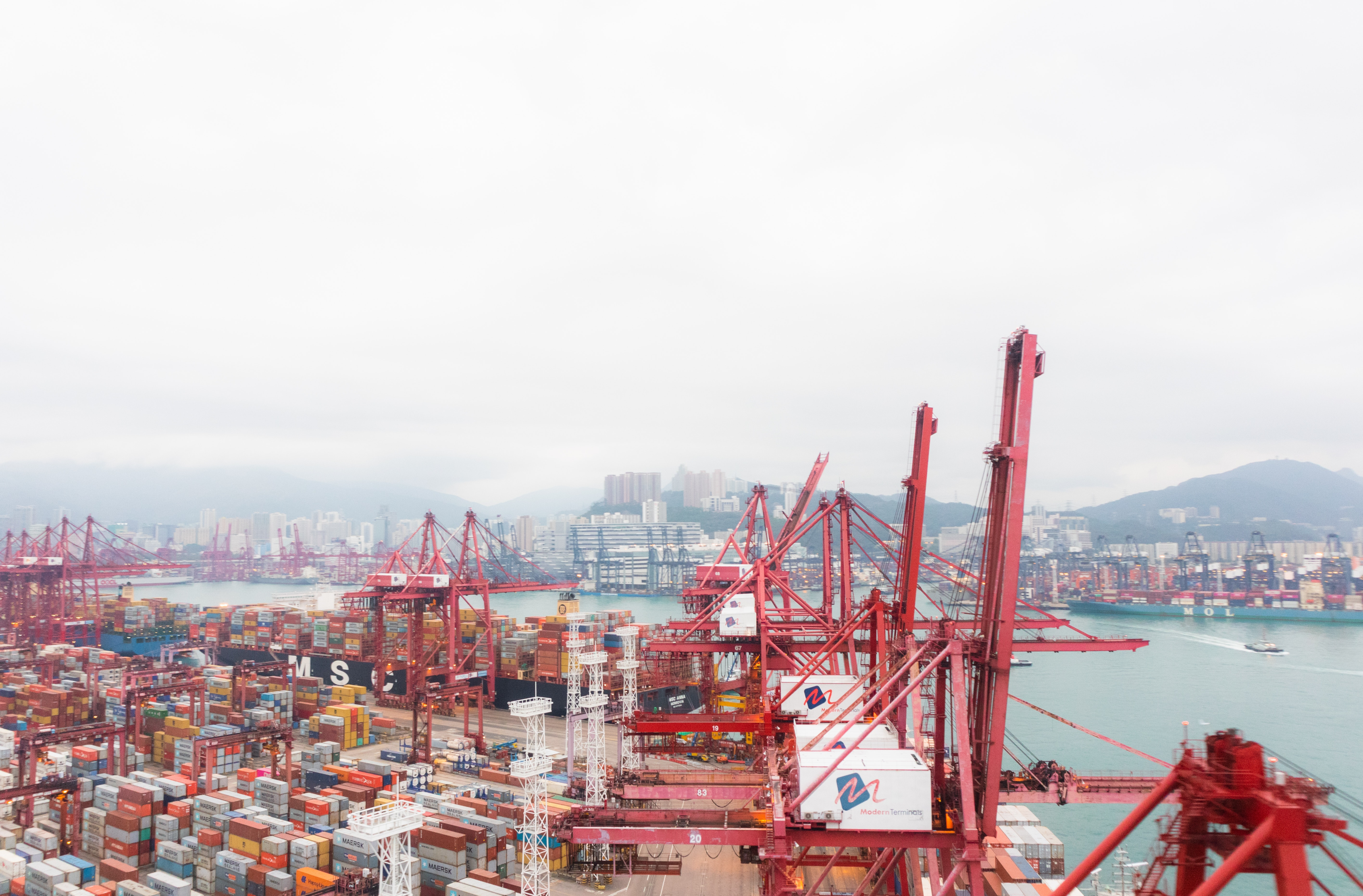
Supply chain professionals best assess market needs and region-based product analysis tools. Insight into the targeted company position, together with the country’s economic situation helps the professionals in selecting the better option.
It is undoubtedly a daunting task and needs lots of research for the first order. Global brands are preferred because of reliable results while getting promising results from local suppliers is also no alien. Both work for clients’ demands to create custom-made beauty goods incorporating cruelty-free and paraben-free ingredients.
Beauty product suppliers also work as a vendor/distributors for already-marketed brands as well. You can Shop brands available in the market or customize one for your brand.
Region-based study shows some cosmetics are in demand in certain regions while unsatisfactory in other regions. For instance, oil-based cosmetics are not feasible for hot, humid environments.

Pros of working with local beauty product supplier
Many advantages come from working with local beauty products suppliers, like easy and affordable transportation, timely delivery, ease in building customer confidence, high susceptibility to shop from a local supplier to better communication. Some are laid here thereof as
Conserve turn-around time
Timely delivery is the most essential and concerning factor and can greatly benefit when dealing locally. The long turnaround time of product designing, research and development, checking and evaluation, quality assurance and decision-making affects product cost. Since this time can be reduced many folds with local beauty goods supplier. Additionally, online orders can be made after a manufacturing plant visit.
Keep the quality of beauty products under control
The quality of the beauty product is of paramount importance. Industry and beauty company owners, either professional salon specialists or stylists, keep an eye on an eagle, especially when the product is new or complicated.
Without compromising on the quality of your beauty product, local suppliers are proven to be beneficial when random and frequent sampling is required. The product can be custom-made too on requirements like cruelty-free cosmetics, oil-based makeup or paraben-free makeup products.
Enhance your customer retention
Dealing with local suppliers brings customer loyalty to your product. It shows you support local businesses and the economy. The retention rate of a potential customer improves for a long time, together with quality product being served. The double sword it creates minimizes the competitive environment and makes your product stand out. Create or purchase what your consumer likes. Also, working with domestic suppliers is more economical and resourceful.Easy and effective communication
Communication is one of the important tools that, when used appropriately can benefit your company. Language barriers or restrictions and time zone differences often hinder effective and timely communication. You can reduce the waiting time and bring about the deal as quickly as possible.

Pros of working with international supplier
Just because the advantages of working with local beauty products supplier are many doesn’t rule out the multiple benefits of dealing with international beauty product suppliers. China is the biggest skincare market in the world and second most in cosmetic products.
State laws and reduction in labor costs plus better economic conditions are the positive aspects an insightful and beauty venture owner always checks. Some are listed as
Economise in production cost
Low-cost country sourcing is the way to cut production and labor cost. Some countries are generally cheaper in labor and production overall. Due to the difference in currency valuation, living cost and many other factors, some countries offer lower wages and material costs.

Although logistics takes extra cost in shipping the product from the manufacturing site/country to the warehouse, the low production costs can save your day. Ultimately it improves your product’s price.
Choose industry-leading location
Texas and California are best known for their leather goods; likewise, beauty products are known to be of better quality and reliability when imported from China and the USA. For this reason, a lot of skin products are manufactured internationally. Customer retention increases when you label and sell your product as made in the USA because it’s commonly perceived that USA-made products rarely compromise quality.
Supply chain executives/professionals are better at assessing global sourcing risks. The global supply chain institutions whitepaper gives an insight into the nation’s economy, Politics, infrastructure and competence; hence a real time based evaluation is done to make a framework of ten global regions. The potential dangers can be minimized, simultaneously maximizing the benefits.

Despite climate adversities and global issues, beauty products remain in demand. Anyone looking for entrepreneurship opportunities in the beauty industry should go for areas with growth chances. The white label manufacturers are unique in the sense they manufacture their products while allowing rebranding as well.
Advances in production practices
Technological advancements are on the rise, and the world of machine dependency is expanding daily. Keeping the same idea, some countries like China for cosmetics production have greatly streamlined their production tools with more machine work and less labor requirement.
The whole manufacturing process not only worked in a precise and consistent manner but saved production time too. The turnaround time simultaneously improves your brand’s reputation since launching can be quick and effective.
Another interesting advancement in the e-commerce industry is drop-shipping. The drop-shippers having their warehouse can keep your inventory, and you don’t have to stock the product or keep your inventory. At the same time, private-label makeup manufacturers can customize brands to clients’ needs, so the whole product design and characteristics can be controlled solely by the client.
Scrimping on scale
It is the process of saving on goods manufacturing on a larger scale. Usually, an international supplier offers a good price on large-scale products order. You can Keep your wholesale beauty products in stock and save frequent shipment costs. If you have good demand and sales, there would be no option better than warehousing the product and getting it delivered in a big lot.
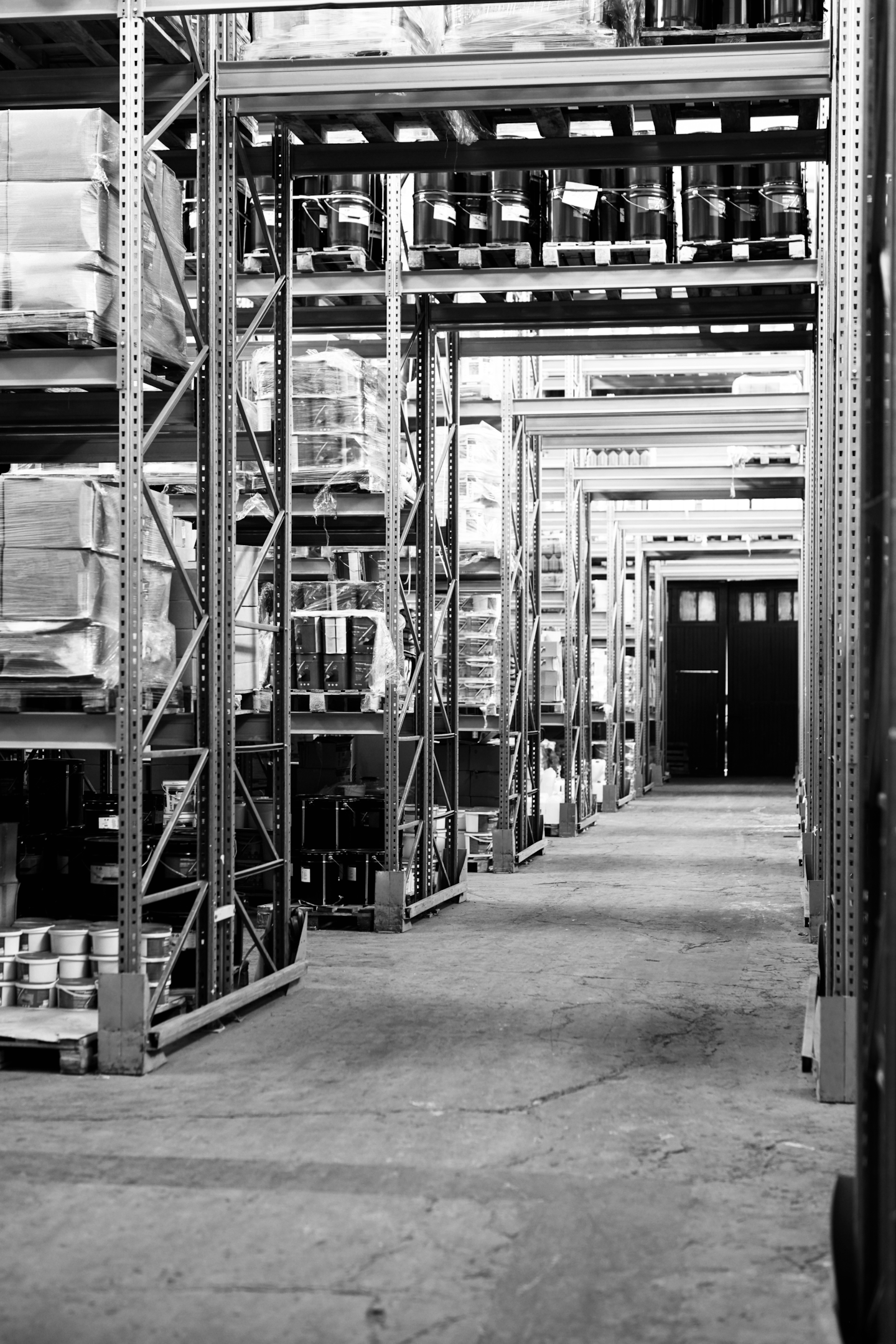
Not only is the individual product price reduced this way, but more often, shipping charges also decrease. You can Create your unique beauty brand like professionals do cost-effectively.
Trade incentives and other benefits
Trade incentives and other benefits like partnership agreements are a few luring tools and ways to entice the dealership. Many countries have, with time, technological advances, particularly when international shipments are concerned.
More benefits and maximum shipment transparency are offered so you can be assured of intact product quality while shipping and moving from one country to other.
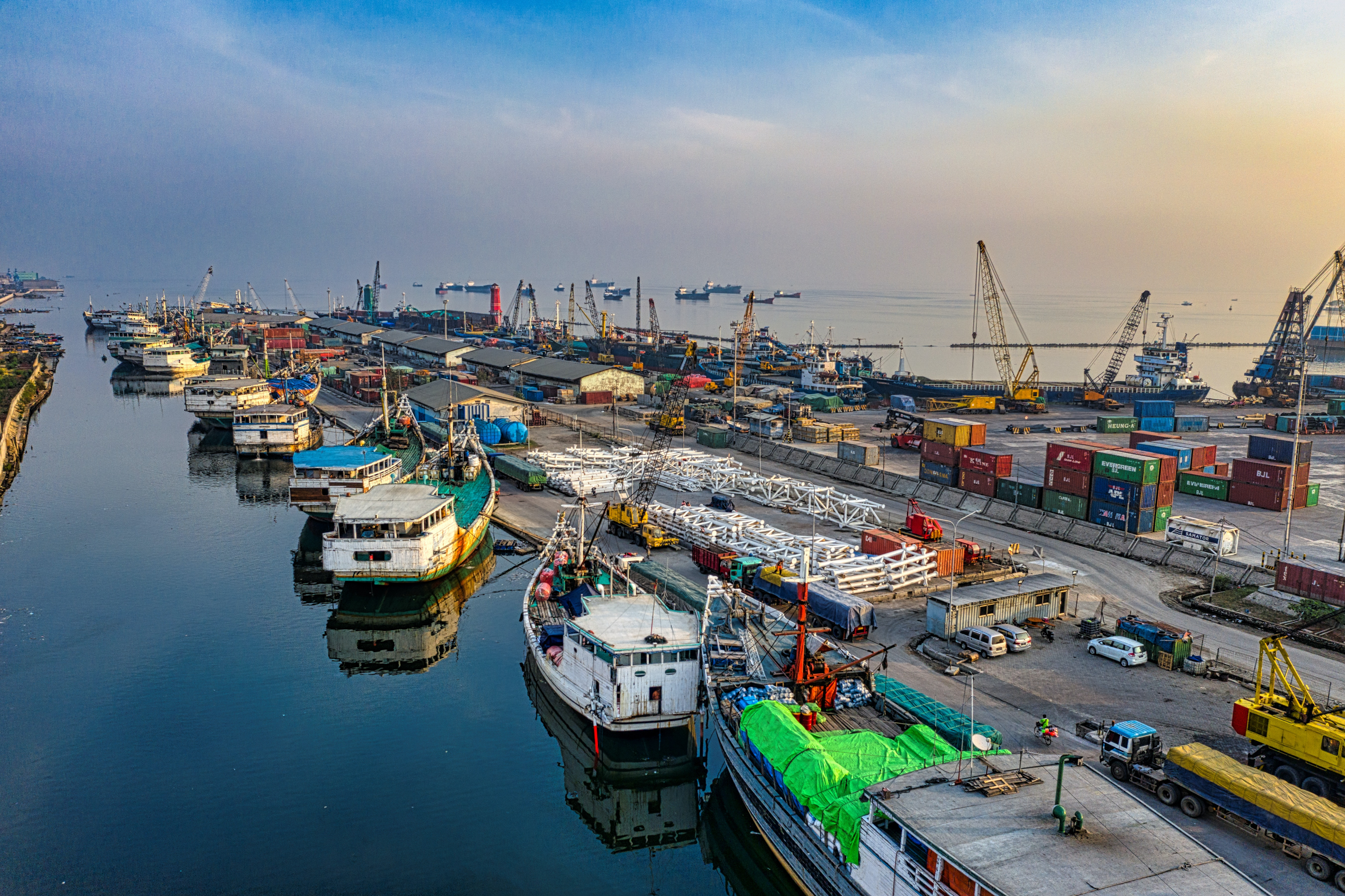
Reliance of the economic value of one country with another becomes of paramount importance. It strengthens ties between the partnering nations and benefits each other. Trade incentives are offered, such as reduced taxes or customs duties to fewer shipment charges. All the strengthening measures have resulted in a better coalition of the two economies and ultimately helped the corporate owners.
Cons of working with a local supplier
Domestic markets when start getting harder to take control there is seen a large trend of shifting local enterprises to move internationally. Mckinsey’s survey in 2018 concluded a 4 percent increase In cross-border revenue from the previous year. Forrester’s survey predicted an increase in global revenues from domestic revenues at a rate of 17% from 2017 to 2022.
The label that reads made in … still holds more reliability and retain ability than if a product is manufactured domestically from the consumers’ point of view.
High product cost
Whether you have your brand idea in mind or planning to start with the already manufactured product, getting it produced locally can be costly overall. The production cost to labor pay in the home country is less likely to regularise. High product price is a big turn-off and less economical, especially for bulk buyers like salon professionals.

Limit the availability of beauty products
Restriction on product choice in the local market is why international sourcing is so common these days. You start your beauty venture and have an idea about the product. However, there is no guarantee that your selected product is being manufactured locally. Limited resources are the major drawback when local sourcing is concerned.
Cons of working with an international supplier in beauty business
Customers’ perception and meeting difficulty
It is not always true that your customer will love the internationally made product. Sometimes customers show reluctance to buy beauty products manufactured overseas. There is a high probability that your product is perceived as of inferior quality and being rejected.
Even if you are not new in the industry generating a large capital for meeting purposes is of no value to a brand. It’s equally difficult to meet and verify the supplier.

Less secure rights over intellectual property
Every country has its laws and rules for products and goods outsourced too. USA and European legislations are more stringent regarding intellectual property rights. Despite all the necessary measures, there remains a fine line in the probability of your intellectual property being stolen.
Although it is not common, it is recommended to consider state laws while dealing internationally. Dealing with situations like these is a gruesome task, and also problematic to register a complaint in a foreign country.
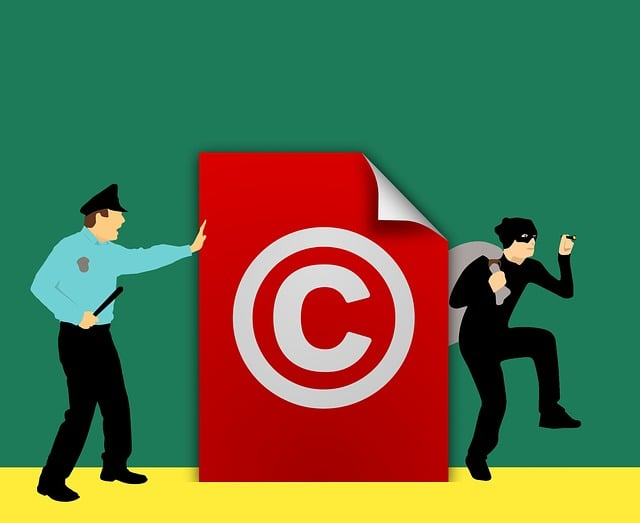
Longer shipment time and costs
It takes the extra cost of the product’s shipment back to the country where it is intended to be sold. International suppliers are mostly overlooked for the reason of longer shipment time. Logistics and custom is the additional burden, and saving in the budget got wasted.

Cultural differences and communication problems
Two of the most common problems of working with international brands and suppliers are cultural norms and communication barriers. Differences in language can be difficult to navigate since every venture requires effective contact. Marketing or branding strategy needs to be focused on localized cultural norms and nuisances. The targeted audience is the focal point, and all the advertisements should be made according to the local language and understanding. Asian markets are the biggest in the world and demand high-quality products.
Limited vigilance and currency fluctuation
It’s a difficult task for a keen eye keeper to overlook any deficiencies in production. Little vigilance because of a distant manufacturing facility or the need to hire a third party is crucial to consider when deciding on international suppliers.

Dealing with international suppliers can sometimes be overwhelming because of currency fluctuation. Not every region of the world is stable in its currency through an economic professional is here to help; however, a timely and mindful decision is key to securing any loss.
Conclusion
For free global resources, there are online directories available such as Kompass which contains 4 million businesses of 60 countries. Similarly, EU (European union) based platform Globartis includes global importors, distributors and suppliers. Also a very well known Alibaba serve as an online medium of e-commerce marketplace that works on B2B model connects buyers to suppliers on a large scale. These and many more help in deciding most appropriate supplier present internationally.
Stay Connected
Choose your favourite social media channel to stay up to date with Aurora Global Brands and its activities
© 2025 Aurora Formula Co., Ltd


